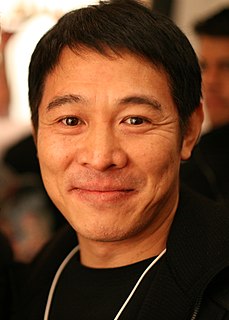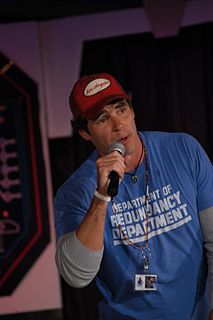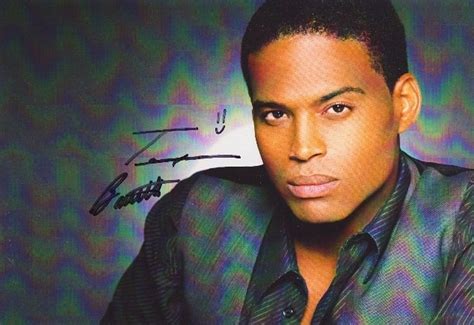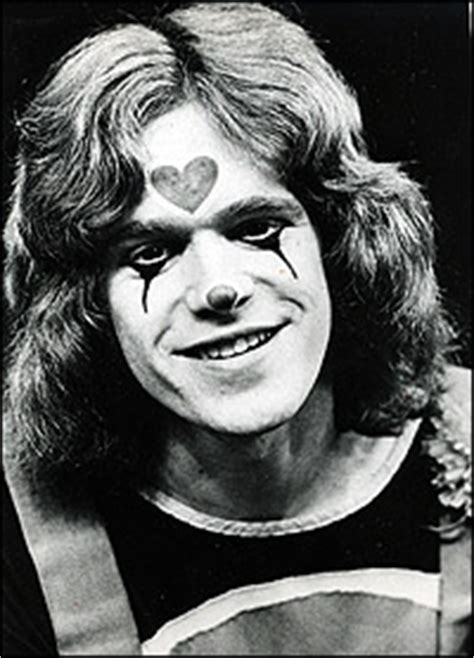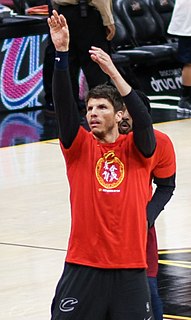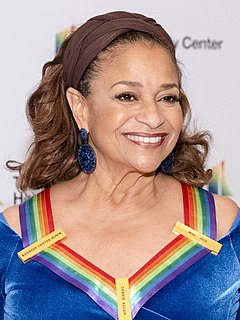A Quote by Chris Pratt
When you're working with film, you can only shoot one angle at a time, and then everything has to stop, and you re-light it and shoot everything else from the opposite side, so it's really important that you stick exactly to what's written. But with the multi-camera digital setup, you're getting both sides of the scene at the same time, so it gives you that freedom to go off-book.
Related Quotes
If you need to strap a camera to you or get in a small space, then it makes sense to use digital.I do think it is possible to use a digital camera artistically, but it can only be good if you are using film technique. Film has grain, and digital has pixels, and there is not that much of a difference, but digital does not replace the need to create a scene and light it properly and spend time considering the shot.
I try and shoot as often as I can, I cross shoot. I have at least two cameras rolling at the same time. So I'll have two actors or two sets of actors at a time so everybody's basically on camera. So when they improvise we have everybody's coverage. And you can then go in the editing room and find the energy still stays there.
Studios are so used to digital now and there is a mythology that it's cheaper. But it's really not cheaper. For instance, digital is great for night exteriors, everybody knows it's a video tap, so it's very responsive to light. So you can go out at night, shoot with digital and it's gorgeous, beautiful to look at . Conversely, you go out and shoot day exterior, and it slams you, just like you know from your own video recording.
Because of the way that I work with the actors and because a scene is not in this rigid and literal interpretation of something written, I can constantly change stuff, which means I can get a scene absolutely perfect, and then when we go to shoot it, the requirements of the shot mean it would be useful to extend the dialogue or take a line out or swap things around. So the camera doesn't serve the action. The action serves the camera. That's important. So it becomes more and more organic and integrated.
The digital age is for me in many ways about temporal wounding. It's really messed up our ontological clocks. In the digital economy, everything is archived, catalogued, readily available, and yet nothing really endures. The links are digital encryptions that can and won't be located. That will have to be reassembled over time. It won't be exactly what it was. There will be some slightly altered version. So the book is both an immaterial and material artifact.


